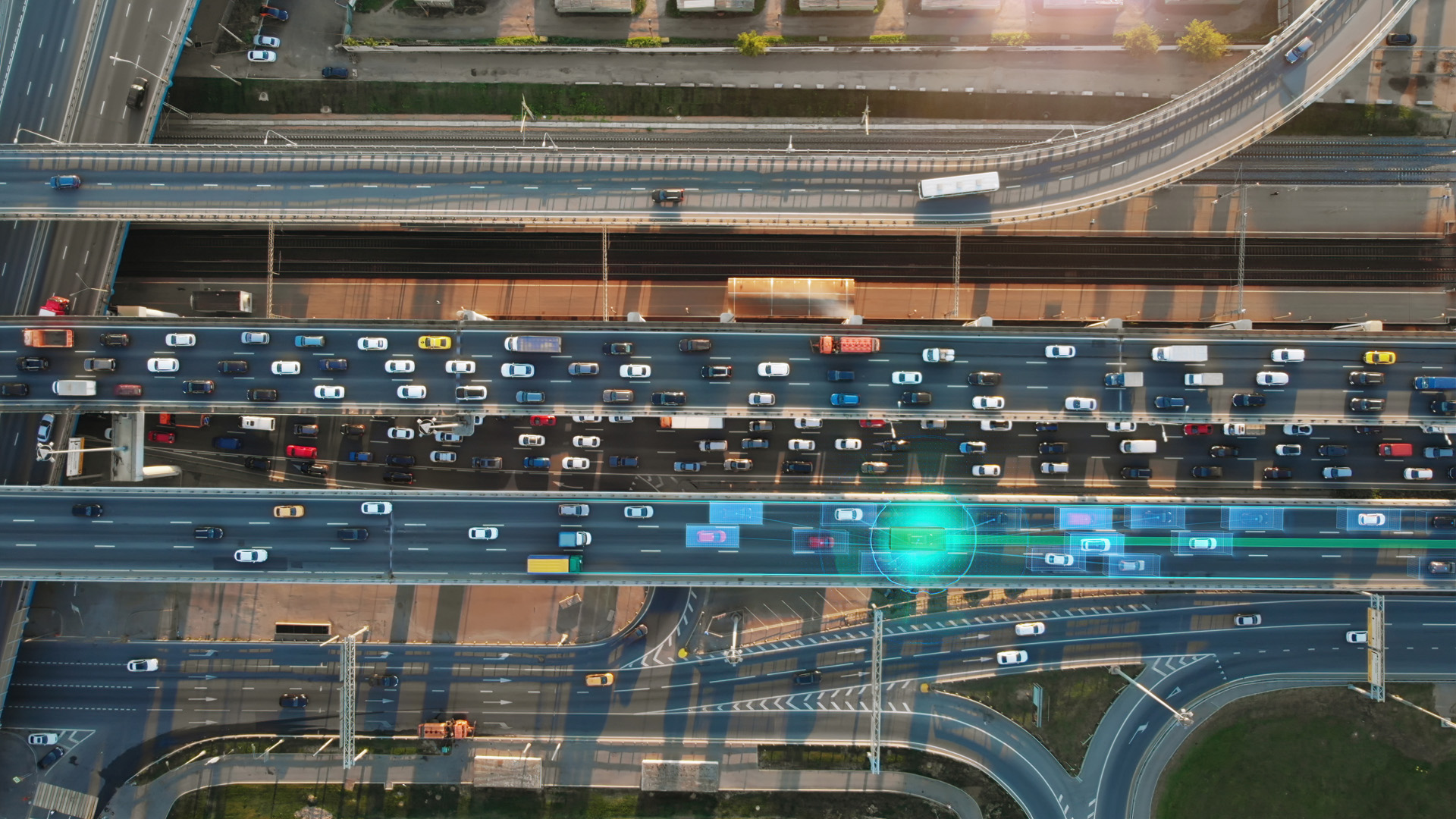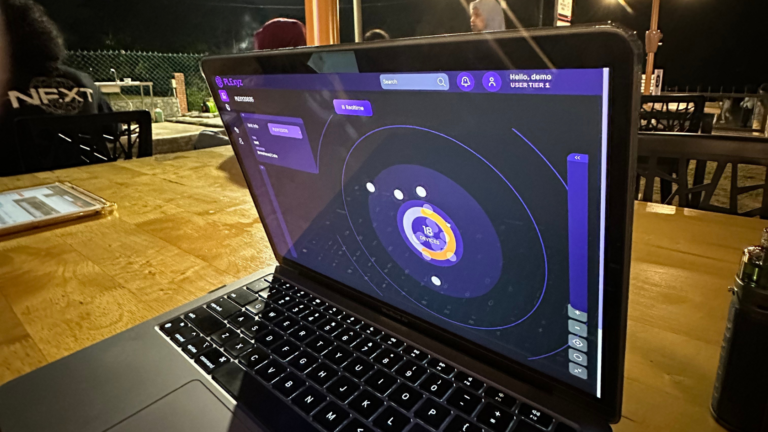by Ridzwan Razalee
Paving the Way: Exploring the Future of Autonomous Cars in Malaysia for Industry Players
The automotive industry in Malaysia balances a transformative shift with the rise of autonomous cars. This article explores the future of these technologies in Malaysia and the opportunities and challenges they present for industry players.
Malaysia has embraced autonomous cars positioning itself as a critical player. Government initiatives and collaborations with industry leaders have paved the way for a burgeoning independent car industry. The country’s commitment to technological advancements extends beyond autonomous cars, including automation machinery, driving efficiency and productivity across various sectors.
Industry players have several opportunities to capitalize on in Malaysia:
Research and Development:
Collaboration with local research institutions, universities, and technology research companies allows industry players to leverage Malaysia’s talent pool and technological expertise. Advancements in sensors, machine learning, artificial intelligence, robotics, and automation can be achieved through this collaboration, leading to pioneering improvements in autonomous cars and automation machinery.
Testing and Validation:
Malaysia’s diverse road conditions and industrial landscapes offer an ideal environment for testing autonomous cars. Industry players can establish test facilities and partner with regulatory bodies to ensure safe and efficient trials. Malaysia’s potential as a testbed also positions it for regional and global market expansion.
Manufacturing and Supply Chain:
Setting up manufacturing facilities in Malaysia enables industry players to leverage the country’s well-established automotive supply chain and industrial infrastructure. This move contributes to the growth of the local economy while meeting the increasing demand for autonomous cars in the region.
However, there are challenges to address:
Regulatory Framework:
As autonomous vehicles disrupt transportation and industrial processes, the regulatory framework must evolve accordingly. Industry players can engage with regulatory bodies, policymakers, and shape regulations that foster innovation, ensure safety, and facilitate deployment in Malaysia.
Public Acceptance and Adoption:
Successful integration into Malaysian society requires public acceptance and trust. Industry players should invest in public awareness campaigns, education, and demonstrations to familiarize the public with these technologies’ benefits and safety features. Collaborating with trusted technology companies provides valuable insights to build trust and accelerate adoption.
Infrastructure Readiness:
Seamless integration requires advanced infrastructure. Collaboration with government agencies, local authorities, and technology companies can develop innovative infrastructure solutions, including dedicated lanes, intelligent traffic management systems, advanced manufacturing facilities, and data-driven automation. This infrastructure readiness, backed by technological research expertise, supports the widespread adoption of autonomous cars and automation machinery.
Industry players gain access to cutting-edge research and expertise by forging partnerships with technology research companies. These collaborations enable industry players to drive innovation, optimize operations, and navigate challenges. Technology research companies also contribute to industry standards, regulations, and ethical frameworks, ensuring responsible growth.
Malaysia’s future of autonomous cars and automation machinery presents significant opportunities for industry players. Industry players can harness research, innovation, and expertise by embracing collaborations with technology research companies to propel their businesses forward. Together, they can pioneer advancements, address challenges, and transform Malaysia’s automotive and manufacturing sectors.







